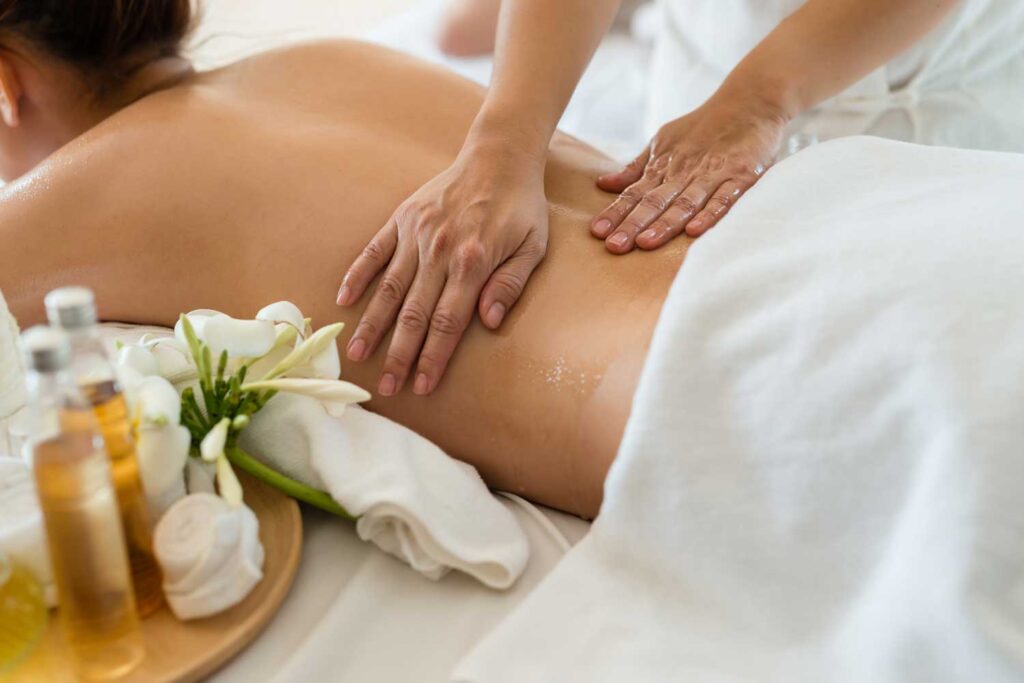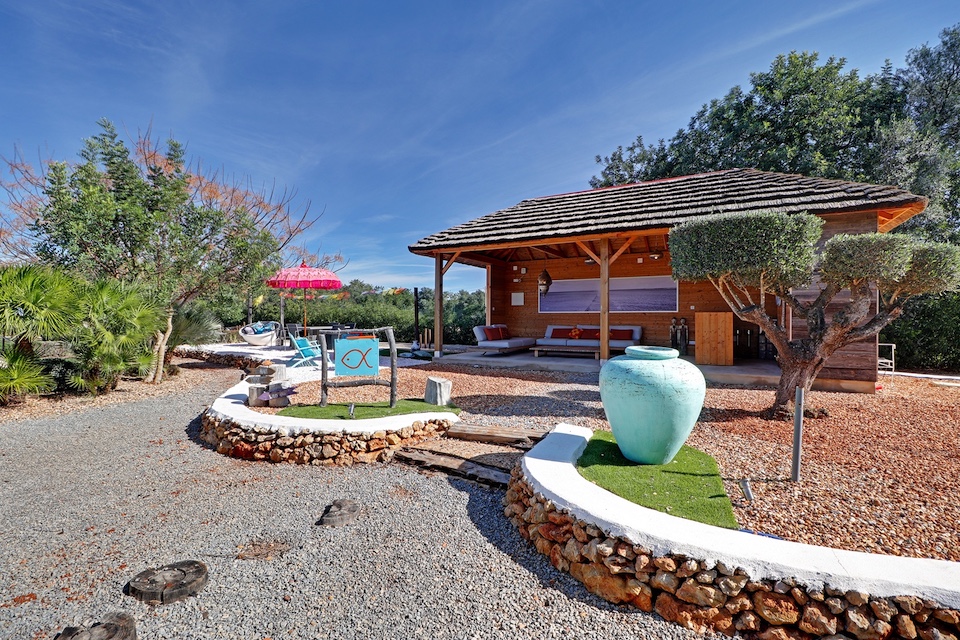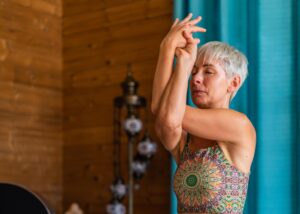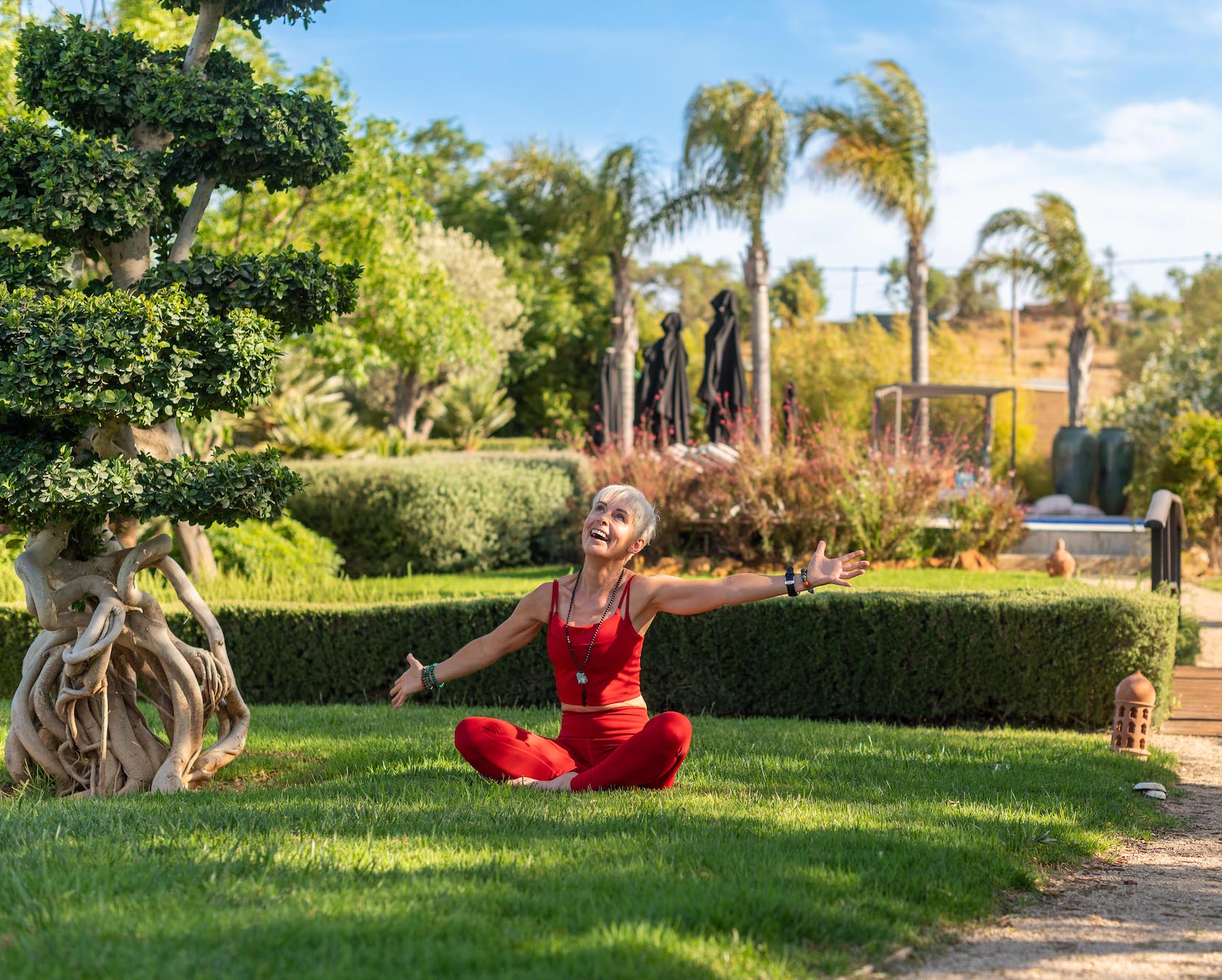Headaches are something we all know. When you’ve got too much on your plate, you keep feeling that performance pressure, you’re stressed about your family or work situation … You’re feeling it: not only in your head, but also in the rest of your body.
Stress is undoubtedly the disease of the 21st century. Never ending stress causes our immunity to drop, and plays a role in psychiatric problems, such as burnout, anxiety and depression. Cardiovascular disease can also be linked to stress. So life-changing, to do something about our stress levels.
Good news: one of the most effective ways to relax is massage. Those who occasionally get a massage will certainly recognize this. Your stress disappears a little more with each touch and you experience a deep sense of well-being. But did you know that scientific studies proved that massage has even more positive effects?

Rapaport’s report
Behavioral scientist and psychiatrist Mark Hyman Rapaport is affiliated with Atlanta University. He conducted extensive scientific research on the effects of massage in recent years, and gathered measurable information.
A group of 53 subjects participated in the study. 29 of them received classical or Swedish massage; the 24 others underwent a lighter form of massage. The results for both groups were stunning. The researchers took blood samples from the participants before and after the massage, and were able to identify significant differences.
Cuddle hormone spikes
In the test group that received a Swedish massage, an increase in lymphocytes was noted. Lymphocytes are a type of white blood cells that play an important role in our immune system. In addition, they observed a decrease in the stress hormone cortisol, as well as a hormone linked to aggression.
In the other test group, a significant increase in oxytocin was observed after massage with light touch. Oxytocin you may know as “the cuddle hormone”. It provides a sense of security and connection, and is released between babies and their mothers, in friendships and sexuality. And so in massage too!
Massage makes you recover faster
Oxytocin was discovered in 1909 by British pharmacologist Henry Dale, and was long known as the “pregnancy hormone,” as it plays a central role in childbirth and the initiation of breastfeeding. In the 1970s, it was discovered that oxytocin is not only a hormone but also a neurotransmitter: a substance that allows cells in your brain to communicate with each other.
With positive mutual contact, your hypothalamus makes extra oxytocin. You feel safe and calm. But the rest of your body enjoys it too: it helps your muscles relax, lowers blood pressure and decreases cortisol. And that, in turn, is good news for your resistance.
Not surprisingly, massage therapy is now used in many healthcare facilities: the increase of oxytocin and reduction of cortisol not only makes people feel pleasant and peaceful, but also speeds up healing and recovery.
Conclusion:what are you waiting for?
The study by Rapaport and his colleagues confirms what you actually knew all along: a massage is a benefit, not just for your head but also for your body. You feel instantly better during a massage, AND you also effectively make yourself more resilient to illness and stress afterwards.
Relax in our lovely guesthouse in Portugal and book a massage right away. Discover it here!






